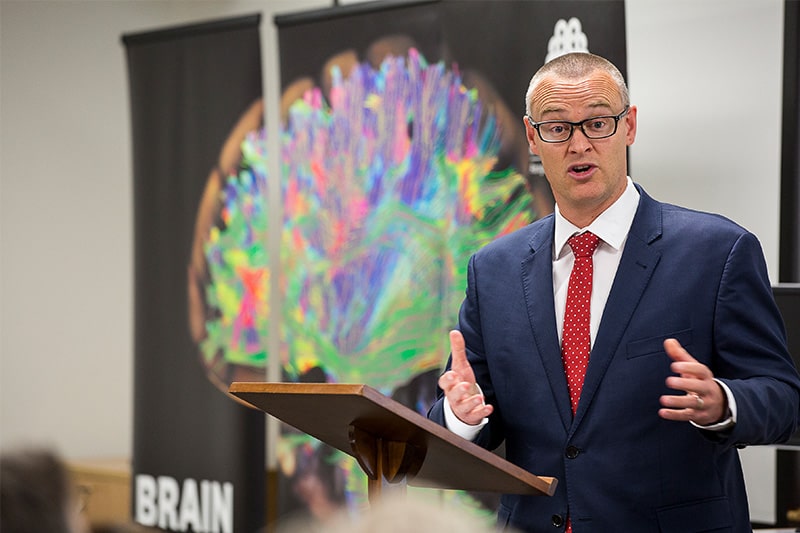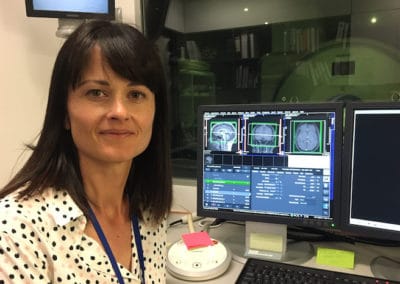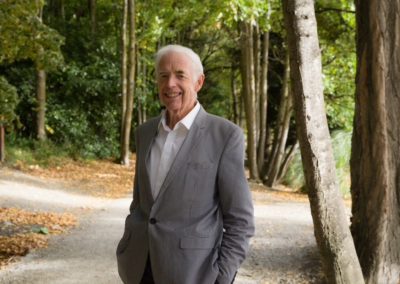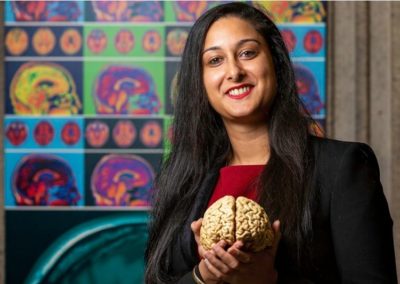Photo Caption: The New Zealand Minister of Health, Hon Dr David Clark, who officially launched Brain Research New Zealand’s Dunedin Dementia Prevention Research Clinic.
Dunedin residents now have the opportunity to contribute to potentially ground-breaking discoveries about Alzheimer’s disease, with the launch of Brain Research New Zealand’s Dunedin Dementia Prevention Research Clinic last week.
The Dunedin clinic, which was opened by Health Minister Hon Dr David Clark on Friday, is the second in a network of three clinics across the country. An Auckland clinic opened in 2016, while a Christchurch clinic is due to open later this year.
The network is one of the flagship activities of Brain Research New Zealand – Rangahau Roro Aotearoa – a Centre of Research Excellence (CORE) co-hosted by the Universities of Otago and Auckland.
At the launch, Otago Co-Director of Brain Research New Zealand Professor Cliff Abraham described the clinics as the “cornerstone” of Brain Research New Zealand – Rangahau Roro Aotearoa’s efforts to “address the coming tsunami of dementia incidence, and to give hope to all New Zealanders for a healthy brain in our ageing years”.
He told the Otago Bulletin Board the opening was hugely significant.
“This occasion marks the beginning of our dream of a truly national network of clinics aiming to find ways to prevent or delay the onset of Alzheimer’s disease.
“It will allow New Zealanders from this end of the country to be able to participate in research clinics. It also brings the resources and study population closer to the academics and clinicians at Otago who will be undertaking the research.”
Based in Dunedin Hospital and led by Dr Nick Cutfield, the clinic will be run collaboratively between researchers from Brain Research New Zealand and health professionals at the Southern District Health Board.
Research volunteers who join the study, will undergo a series of assessments over time, allowing researchers to look for early indicators of Alzheimer’s and other dementias, and to develop innovative ways to detect these diseases at a very early stage.
“Potential participants will be carefully screened for eligibility in the study, particularly in having mild cognitive impairment but no other brain disorders that would complicate the studies,” Professor Abraham told the Otago Bulletin Board. “All participants will have neuropsychological tests and give blood samples every year, and have brain scans every second year. Some participants will be involved in intervention trials, while others will be followed longitudinally so that we can identify biomarkers that predict cognitive decline, and use that information to develop new therapeutic targets and to track the effectiveness of interventions.”
Brain Research New Zealand Auckland Co-Director Professor Peter Thorne told those at the launch that the clinics were “an innovative way forward in the battle against a major health problem in New Zealand”.
It is estimated that dementia affects over 55,000 people in New Zealand, and is expected to affect up to 150,000 people in New Zealand by 2050.
“Slowing disease onset and progression by five years could reduce the number of people living with dementia by 50 per cent. If we are successful, this will allow people to live longer with more fulfilled lives,” Professor Thorne said.
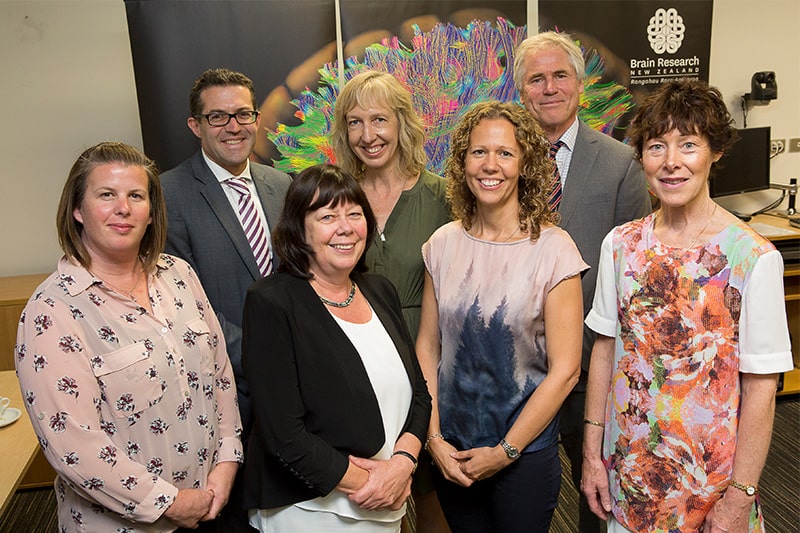
Story: Lisa Dick from the Otago Bulletin Board. Photos: Sharron Bennett.
